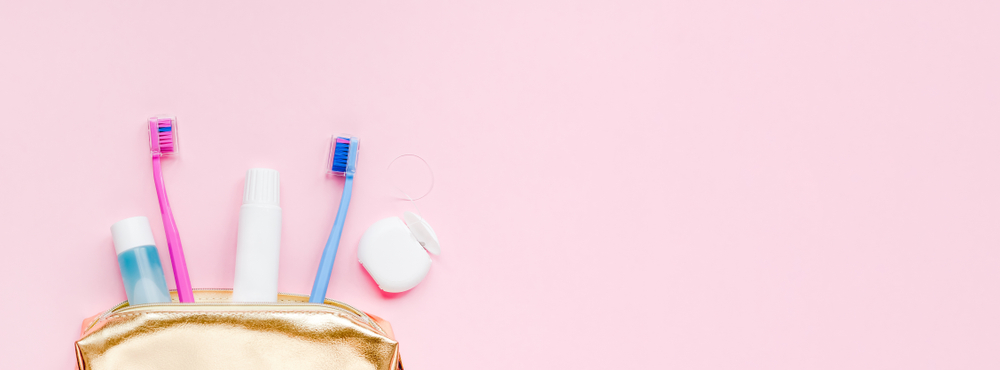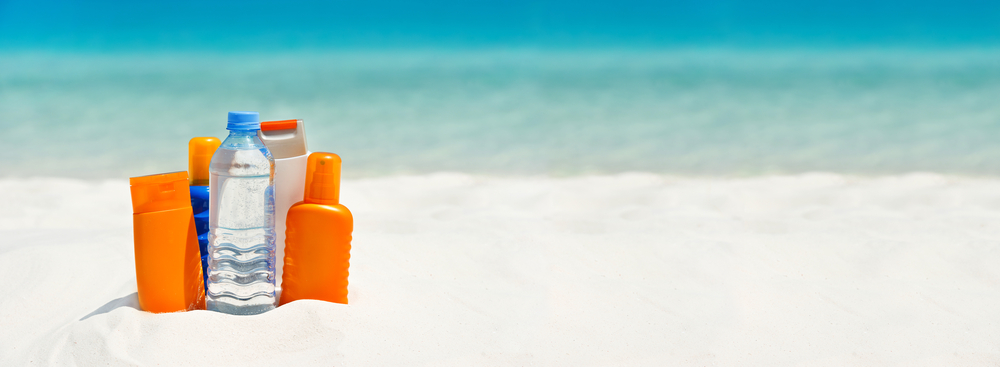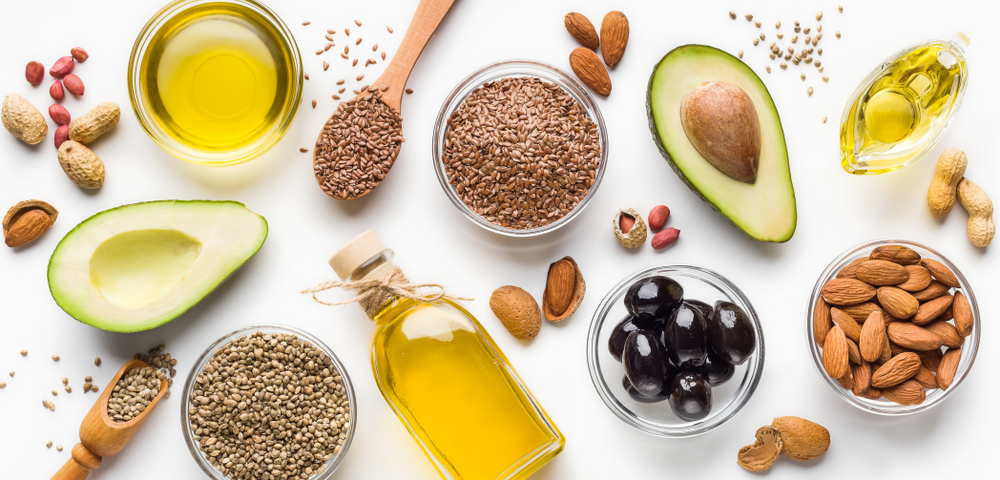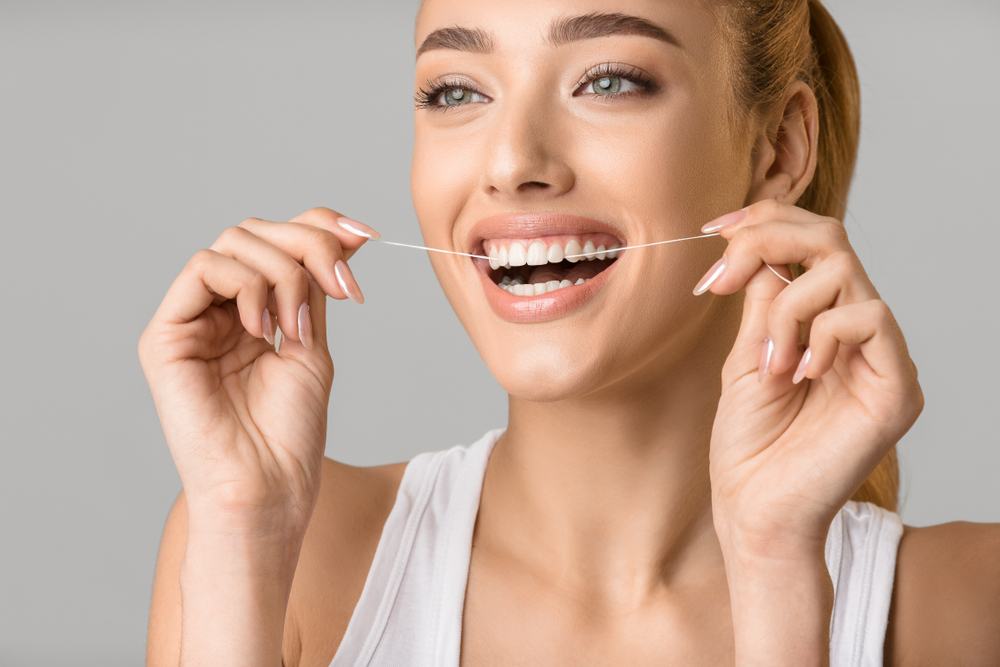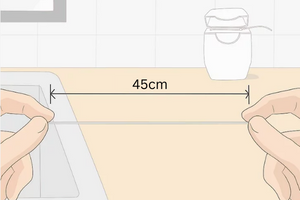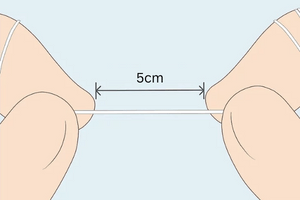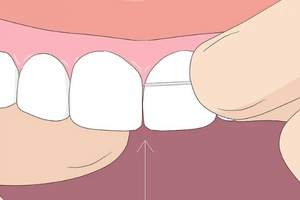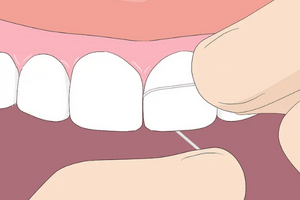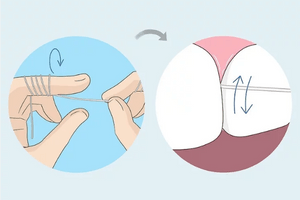‘Tis the season to be jolly – meaning mince pies, selection boxes and umpteen tubs of sweets will no doubt make their way into our diets throughout December, washed down with a mug of mulled wine or a glass of champagne.
Although Christmas is a time for indulging in festive foods and drinks, all that eating and drinking can take its toll on your teeth – not just your waistline!
In this blog, our experienced dentists in St Helens will explain what you can do to protect your teeth during the Christmas holidays and well into 2024.

1. Maintain your oral health routine
No matter how busy you are – attending parties, eating festive lunches and doing some last-minute shopping – it’s important not to let your oral health routine go out of the window.
Teeth can take a bit of a hammering during the holiday season, especially with all the sugary foods and alcoholic drinks consumed.
Brushing 2-3 times a day will help to keep your teeth sparkling throughout the party season, and flossing at least once a day will remove food that’s lodged between your teeth.
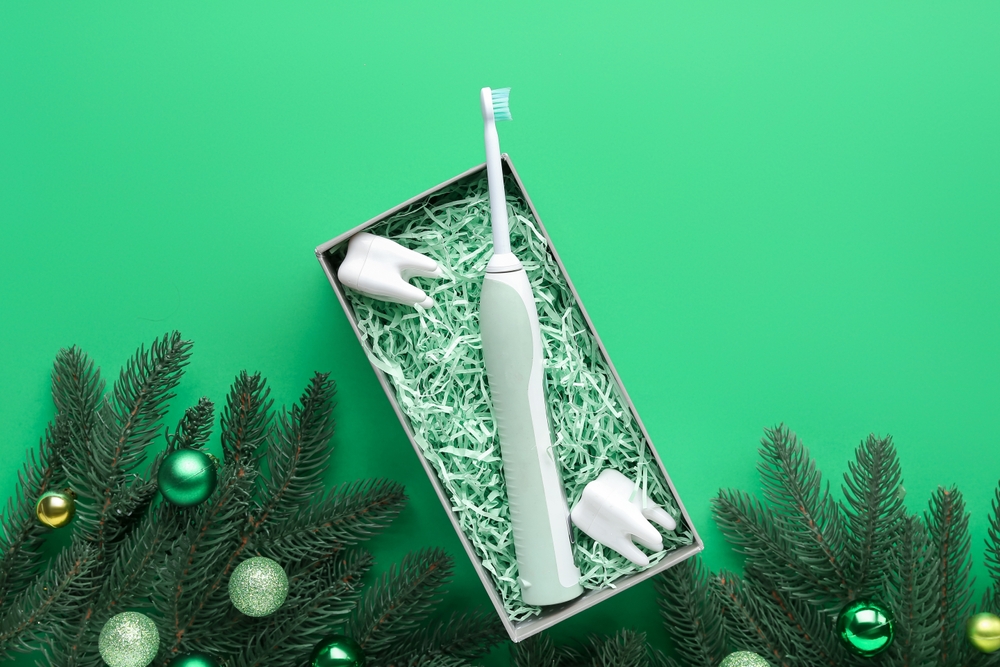
2. Treat yourself to a new toothbrush
Since Christmas is a time for giving, perhaps you could purchase a new electric toothbrush.
Over time, bacteria can build up on manual and electric toothbrushes alike. Bristles can become frayed and worn down with frequent use – decreasing their cleaning effectiveness – which is why you should replace them every 3-4 months.
Electric or battery-operated toothbrushes are generally more powerful than manual ones, helping to reduce plaque and gum disease.

3. Beware of Christmas puds
Even after eating a Christmas dinner, somehow, we always seem to have space for a dessert – whether it be Christmas cake, Christmas pudding with brandy sauce, a mince pie or gingerbread person.
However, all these festive favourites are laden with dried fruit and sugar, which can stick to your teeth and cause serious damage.
If you’ll be gorging on sticky and sugary treats on Christmas Day and Boxing Day, our dentists in St Helens advise you to pay extra attention when brushing your teeth. And if your kids have had a lot of sweets, make sure they brush their teeth properly – both in the morning and before bed.

4. Snack in moderation
There are plenty of festive treats to indulge in over the Xmas period. Sugary snacks are always popular at this time of year and, contrary to popular belief, it’s not how many you have, it’s how often you have them and how long they sit in your mouth. So, the ideal is to try to avoid snacking in between meals.
The good news is, there are some ‘smarter’ snacks you can enjoy. Cheese is great for teeth, helping to restore the natural acid balance in the mouth and reducing the risk of developing tooth decay after enjoying a main meal. Nuts are also a good choice. These contain fibre, folic acid calcium and various vitamins – all things your teeth will thank you for!
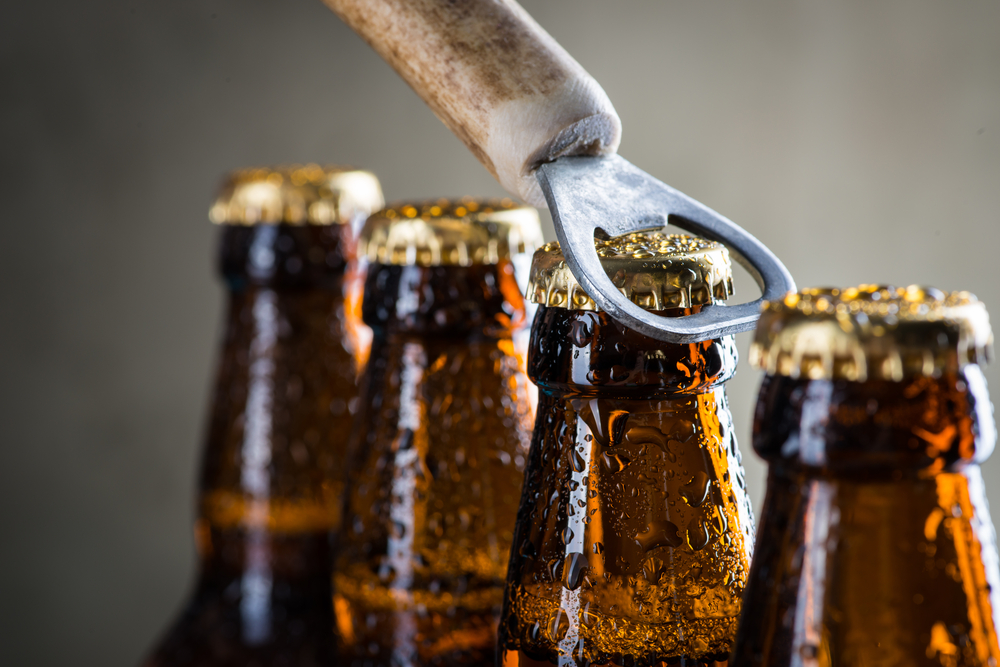
5. Don’t use your teeth as tools
If your party trick is to open a bottle of beer or fizzy pop with your teeth, or you use your front teeth to cut tape when wrapping presents, you could actually be doing them more harm than good!
The chances are that you don’t want a chip, broken or cracked tooth spoiling your festive snaps for Instagram, do you?
So, instead of using your teeth, take a moment to find the bottle opener or a pair of scissors in the drawer.

6. Make an appointment at Kiln Lane Dental
Do you want the gift of a perfect smile?
Though not something you can expect to unwrap on Christmas morning, if you’re unhappy with the appearance of your teeth or you want to prevent health and dental issues later on, the team at Kiln Lane Dental can help you transform your smile in the New Year.
If you haven’t seen your dentist or hygienist for a long time and you’re worried you might have a problem with your teeth, don’t hesitate to make an appointment with us.
Booking a consultation at our family dental practice in St Helens will enable us to examine your teeth and gums and discuss your dental concerns in further detail. We can then offer a bespoke treatment plan and talk you through the associated costs.
Want to know more?
Our dentists in St Helens can help to make it a pearly white Christmas by advising you on how to take proper care of your teeth during the festivities and offering routine care at our clinic.
To talk to a member of our friendly team, call 01744 25776. Alternatively, drop us an email at info@kilnlanedental.co.uk, and we’ll get back to you as soon as possible.
